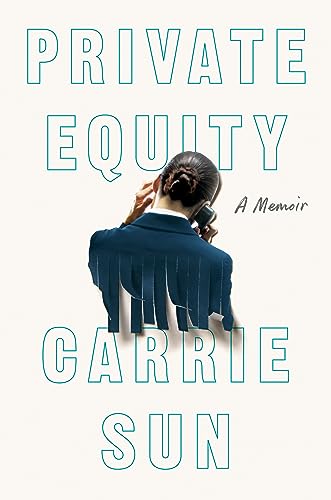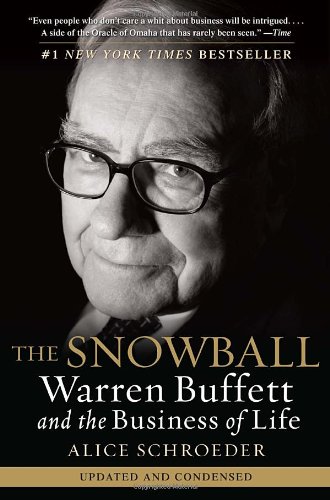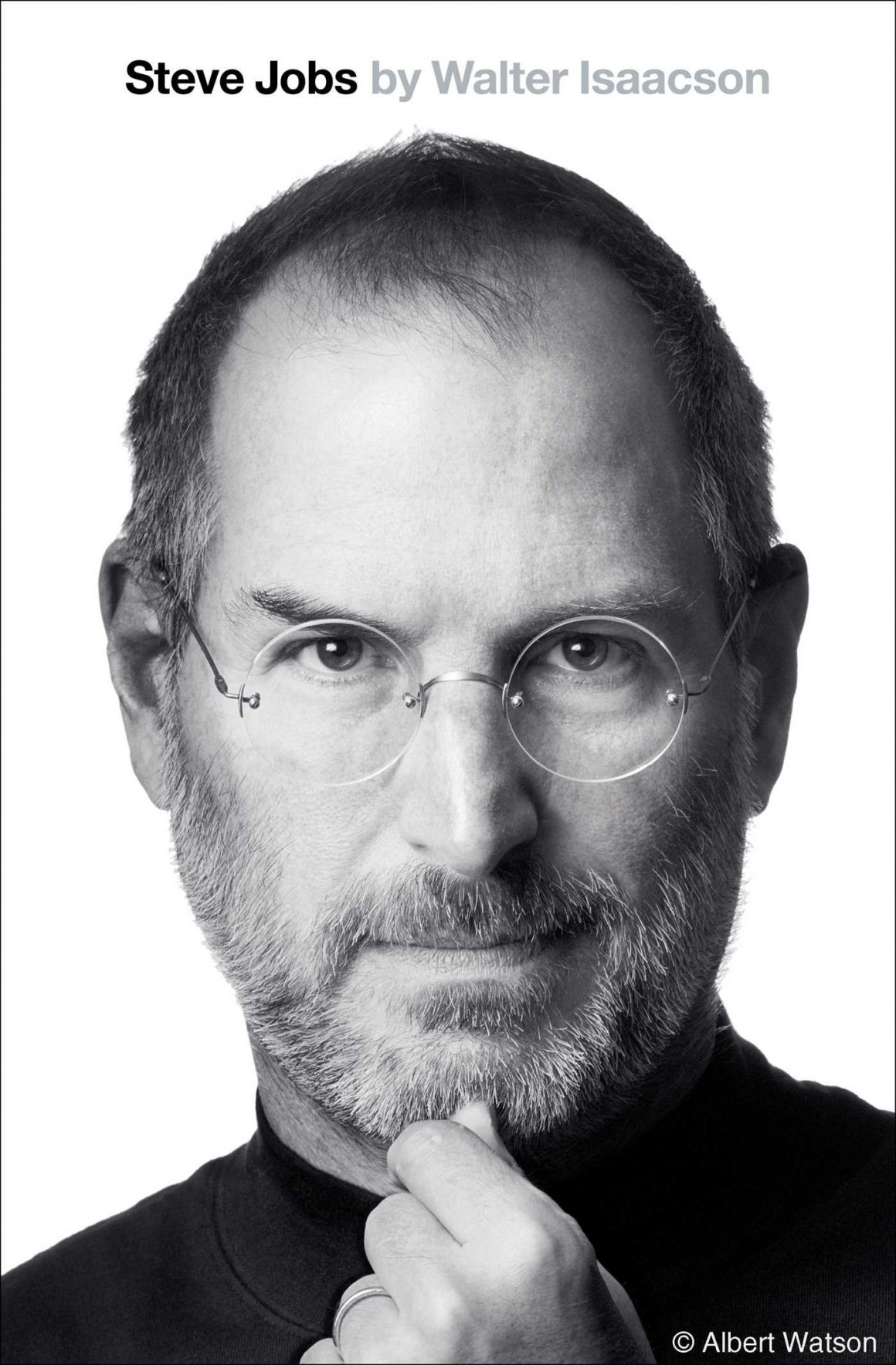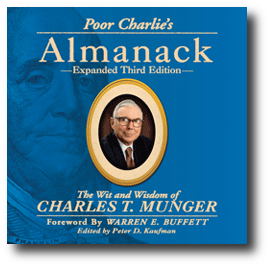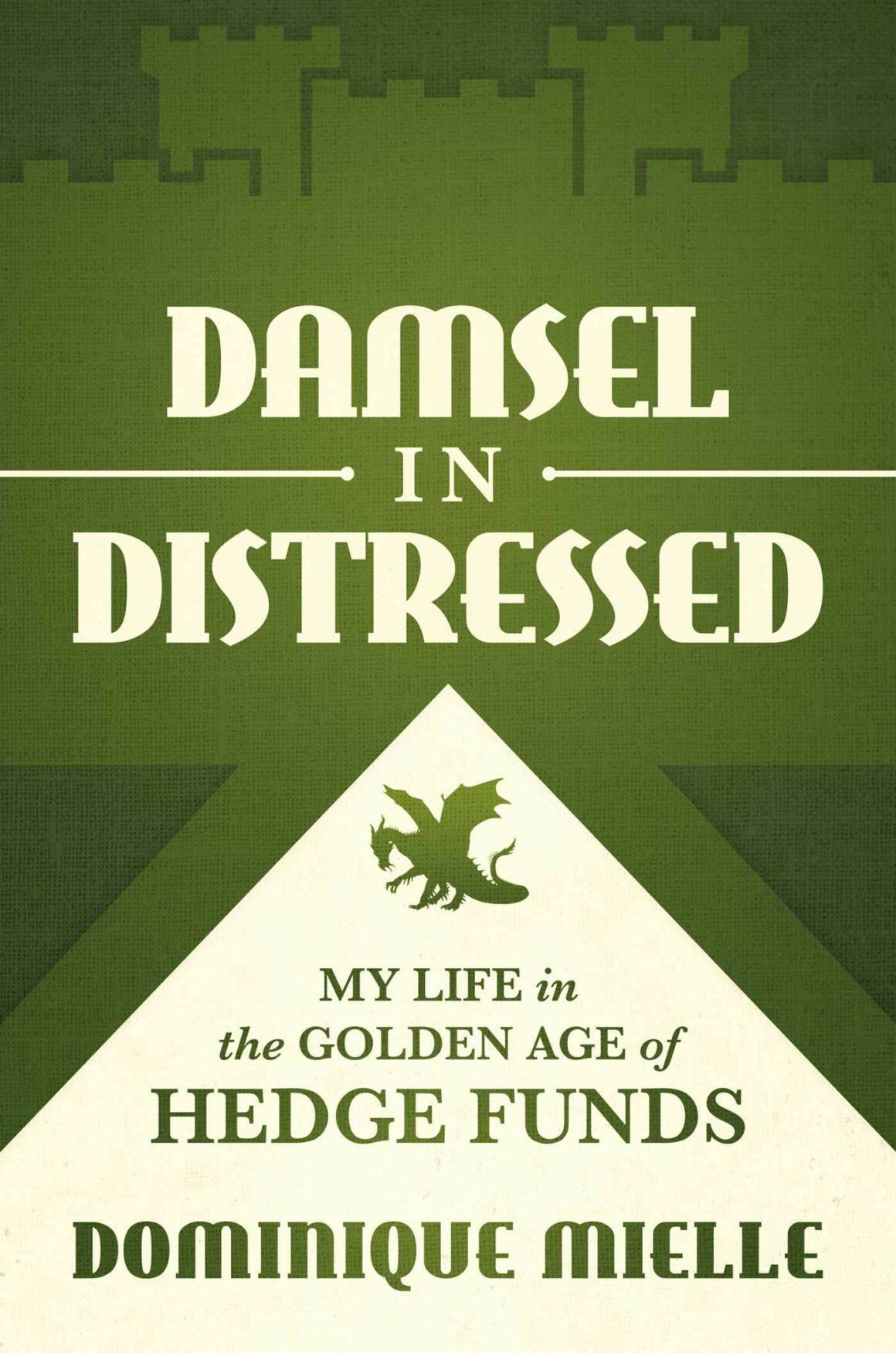Private Equity: A Memoir, is about author Carrie Sun’s time working as the personal assistant to the founder of a prestigious investment firm in Manhattan. The role was touted as a once-in-a-lifetime opportunity, but it left her questioning whether any job was worth the many sacrifices she had to make in order to excel at it.
Sun doesn’t use real names to tell her story. Her boss’ pseudonym is Boone R. Prescott, and the fictitious firm name is Carbon. (Although word on the street suggests that Carbon is Tiger Global Management and Boone is its founder, Chase Coleman III, which Sun hasn’t commented on.)
Sun had to undergo 14 interviews, including one with Prescott’s wife, before landing the coveted role. This wasn’t a typical assistant role, as she would be Prescott’s right hand aide-de-camp, and would also be tasked with investment research responsibilities.
The demanding role would quickly consume her life, with an immediate response required to every phone call, email, and text. Sun immersed herself in work because, as she repeatedly says throughout the book, “Boone is nice. So nice.” She says she wanted to help a good person do more good things.
But the role isn’t all roses, and Sun is unnerved upon learning that assistants are not able to invest in the funds. She works really hard to help Carbon succeed for its clients, so why can’t supporting employees also benefit from the firm’s success?
Sun is deeply introspective and gives a raw account of her inner thoughts and struggles, as she tries to meet Prescott’s extremely high expectations while carrying an impossible workload. A chronic overachiever, Sun was determined to do her job well, but she begins to wonder whether that’s the definition of professional success. Where is the line between an employee’s personal and professional lives? Carbon didn’t just blur this line – it obliterated it – and not only for Sun. Many assistants had to be on, 24 hours a day, seven days a week, even during vacations.
For Sun, excitement and gratitude start to give way to fatigue and confusion. She describes how she was pushed so far beyond burnout that she started to question many things in life, beyond her job and career choices. The physical, mental, and emotional impacts were pronounced and undeniable, but Sun soldiered on because she believed this was a dream job.
She describes how she eventually became paralyzed by indecision, even as she was controlled by the expectations of the job. Sun opts to tough it out though, because she gave Prescott her word that she would work at Carbon for at least five years.
Carbon’s culture values return on time above everything else, and this is constantly reinforced by Prescott and the partners. According to Sun, “it was the Carbon culture that pitted us against one another. We could never say no to our superiors, so we said no to one another.”
“It was then, in an instant, I understood. Everyone was merely trying to get by, me, IT, other assistants – everyone was overworked.” Prescott doesn’t get it when Sun tells him she’s burnt out and wants to resign. He suggests she take breaks and then books her an afternoon at the spa.
“Boone gave me things. Things that did not help,” she writes.
Prescott’s wife also tries to get Sun to stay, which actually “helped me realize I no longer wanted to spend my days proving my worth, justifying my humanity, defending my mental and physical health, and patiently waiting for Boone to get it.”
Sun had “started to believe that others knew who I was and who I wanted to be, better than I did myself.” And she wondered if she was wasting her life.
Private Equity: A Memoir covers a lot of ground, some of it quite unexpected. Sun skillfully weaves it all together in a way that makes the book very readable. Her sense of burnout is almost palpable, especially in the audiobook, which is narrated by the author. An interesting read for sure.

